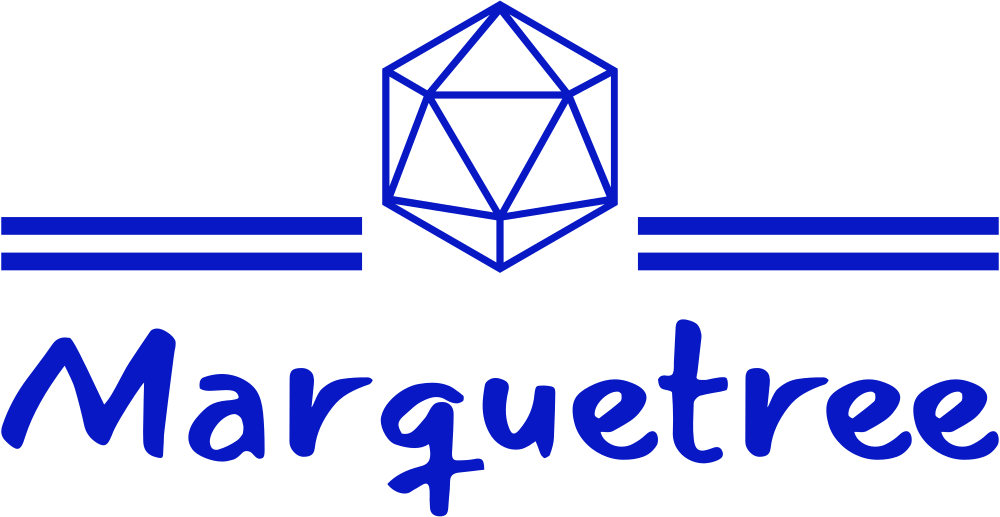Introduction
Counter-Strike: Global Offensive (CS:GO) is not just a first-person shooter; it’s a game that has reshaped the gaming industry, particularly in the realm of microtransactions. Introduced in 2013, CS:GO’s weapon skin system and the concept of opening virtual cases have revolutionized how players interact with in-game purchases. In this blog post, we will explore how CS:GO’s microtransaction model has transformed the gaming landscape, becoming a template for other games and creating a thriving virtual economy.
The Birth of Weapon Skins: A Game-Changing Idea
The introduction of weapon skins in CS:GO marked a turning point in the gaming industry. Prior to CS:GO, microtransactions in games were primarily limited to cosmetic items like character skins or emotes. However, CS:GO’s weapon skins were different; they not only altered the appearance of weapons but also had value within the game’s virtual economy.
The Arms Deal update, released in August 2013, was the catalyst for this revolution. It brought the concept of weapon skins to the forefront, allowing players to customize their arsenal with a wide range of skins, each with varying levels of rarity and appeal. The appeal of owning rare and exclusive skins led to the rise of virtual trading, as players sought to obtain coveted skins or make a profit through trading.
The Birth of Weapon Cases: Unlocking a Thrilling Experience
Accompanying the introduction of weapon skins was the concept of weapon cases. These virtual containers held a collection of weapon skins, and players needed to purchase a key to open them. The allure of discovering what awaited inside each case was tantalizing, creating an adrenaline-pumping experience akin to opening a real-life loot box.
This innovation gave birth to the microtransaction model of “loot boxes” in gaming, where players spend real money for a chance to obtain valuable in-game items. While loot boxes have sparked controversy in the gaming industry, CS:GO’s approach was initially well-received, as the contents of each case were visible before purchase, ensuring that players were aware of the potential rewards.
The Rise of a Thriving Virtual Economy
CS:GO’s microtransaction model gave rise to a thriving virtual economy centered around its weapon skins. With skins having real-world value, players were motivated to buy and sell skins on various online marketplaces, creating a robust ecosystem of virtual trading.
In-game items like the “StatTrak” technology, which tracks the number of kills with a weapon, added another layer of value to skins. Collectors and enthusiasts sought after StatTrak versions of their favorite skins, creating a hierarchy of desirability within the market.
The CS:GO trading community has also inspired the development of third-party trading websites and platforms, offering tools to track skin prices, facilitate trades, and create a unique ecosystem that extends beyond the boundaries of the game itself.
A New Revenue Model for Games
CS:GO’s microtransaction system has not only transformed the player experience but also provided game developers with a new and lucrative revenue model. Traditionally, games were sold as one-time purchases, but the introduction of microtransactions allowed developers to generate ongoing revenue from players. This model has proven to be highly profitable, as players continue to invest in cosmetic items and cases, supporting the game’s development and maintenance.
The success of CS:GO’s microtransactions has influenced other game developers to explore similar approaches in their own titles. Many games now feature loot boxes or cosmetic items that players can purchase, emulating the thrill of unboxing rare items that csgo book popularized. As a result, microtransactions have become a common component of the modern gaming landscape, driving significant revenue for the industry.
Balancing Monetization and Player Satisfaction
While CS:GO’s microtransaction model has been financially successful, it has not been without controversy. Some players argue that the system can lead to gambling-like behavior, especially among younger players, who may be more susceptible to the allure of unboxing rare skins. As a result, there have been discussions around the need for transparency and responsible monetization practices.
Game developers must strike a delicate balance between generating revenue through microtransactions and ensuring player satisfaction. In recent years, some countries have implemented regulations on loot boxes and microtransactions to protect players from potential harm. These regulatory efforts reflect the need for ethical monetization practices that prioritize player well-being.
The Future of CS:GO’s Microtransactions
As CS:GO continues to evolve, its microtransaction system remains a vital aspect of the game’s ongoing success. With regular updates and new cases, players can always expect fresh content to explore and collect. Moreover, the CS:GO community’s passion for skins and trading ensures that the virtual economy will continue to thrive.
The future of CS:GO’s microtransactions will likely be influenced by broader industry trends and evolving player preferences. As the gaming landscape evolves, developers will need to be mindful of consumer sentiment and potential regulatory changes. Ultimately, the success of CS:GO’s microtransaction model lies in its ability to create an engaging experience for players while upholding ethical practices that prioritize player satisfaction and well-being.
Conclusion
CS:GO’s microtransaction model has had a profound impact on the gaming industry, reshaping how players interact with in-game purchases and revolutionizing the concept of virtual trading. The introduction of weapon skins and the idea of opening virtual cases have inspired other games to adopt similar microtransaction systems. However, with the rise of loot box controversies, the gaming industry is grappling with finding the right balance between engaging players with rewarding microtransactions and ensuring ethical practices. As CS:GO continues to thrive and evolve, its impact on the gaming industry will continue to be felt, cementing its status as a trailblazer in the world of microtransactions.
